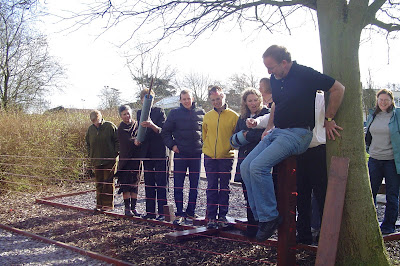Community Foundation Network Conference 2007
Find out about the Community Foundation Network around the UK at CFN Conference 2007 in Liverpool 18th - 20th September 2007.
What is the Community Foundation Network?
Community Foundation Network represents the community foundation movement in the UK. Their aim is to help clients create lasting value from local giving through the network of community foundations.
Community foundations are charities located across the UK dedicated to strengthening local communities, creating opportunities and tackling issues of disadvantage and exclusion. Community foundations target grants that make a genuine difference to the lives of local people. They manage funds donated by individuals and organisations, building endowment and acting as the vital link between donors and local needs, connecting people with causes, and enabling clients to achieve far more than they could ever by themselves.
The network has grown rapidly over recent years. 94% of the population live in the area of benefit of a community foundation. It is one of the largest funders of community organisations in the UK (making grants of over £70 million a year).





















